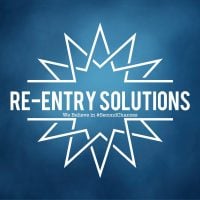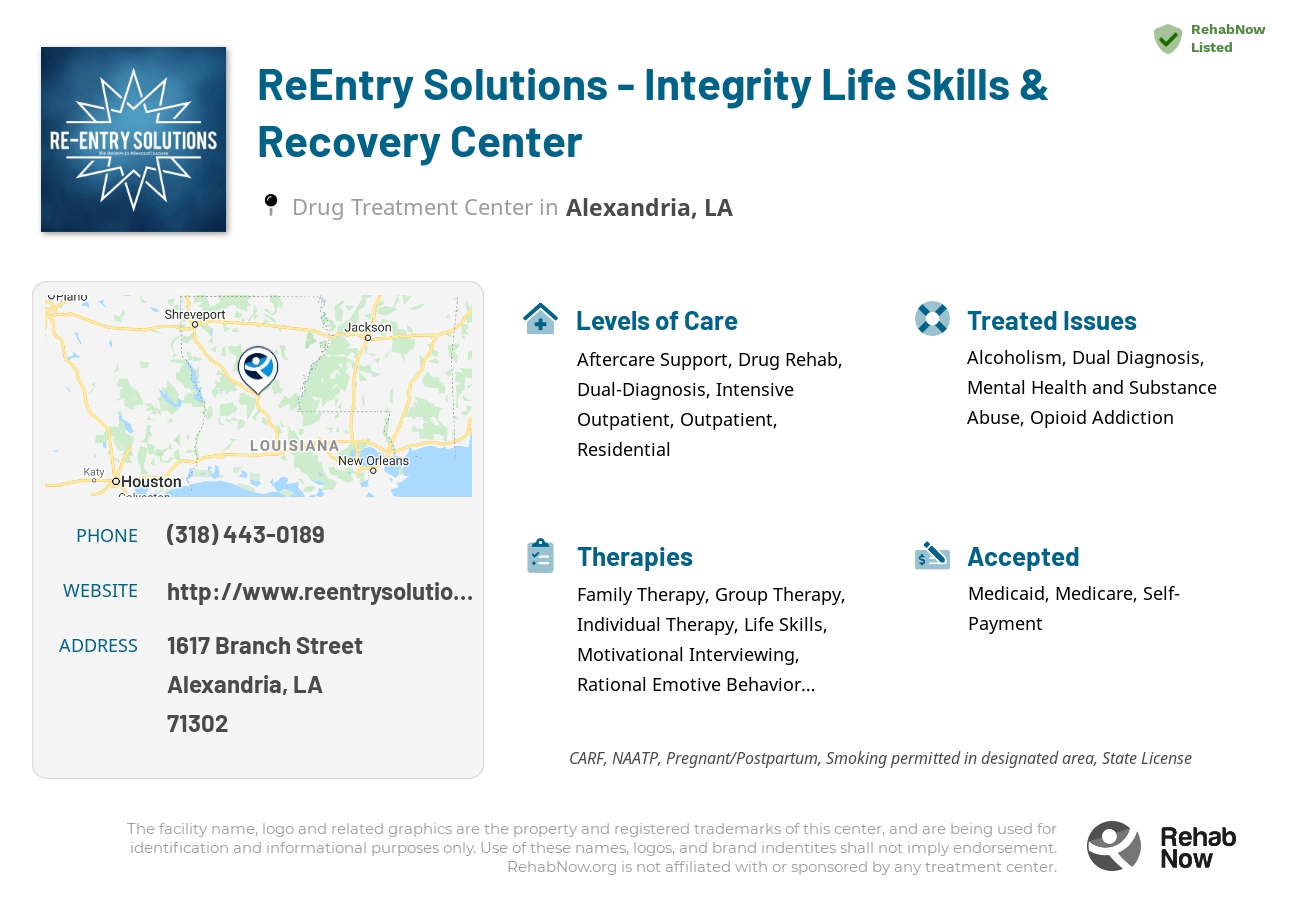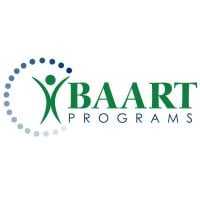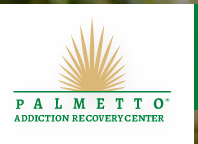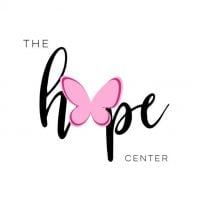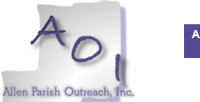ReEntry Solutions - Integrity Life Skills & Recovery Center
Drug Rehab Center in Alexandria, Louisiana
ReEntry Solutions - Integrity Life Skills & Recovery Center is a full-service addiction treatment center in Alexandria, Louisiana, that specializes in helping individuals overcome their addiction by providing 24-hour support and a wide range of services, including cognitive behavioral therapy, relapse prevention strategies, and personalized recovery plans.
About ReEntry Solutions - Integrity Life Skills & Recovery Center in Louisiana
ReEntry Solutions - Integrity Life Skills & Recovery Center is a full-service addiction treatment center in Alexandria, Louisiana, which specializes in helping individuals with substance abuse issues overcome their addiction and restore their lives. This facility provides 24-hour support for those who are struggling with their addiction and provides a wide range of services to help the individuals on their recovery journey. ReEntry Solutions offers residential and outpatient programs that include individual and group therapy, medication-assisted treatment, anger management classes, and other clinical services.
At ReEntry Solutions - Integrity Life Skills & Recovery Center, individuals are not just treated for their substance abuse issues, but also for the underlying causes of their addiction. The center offers cognitive behavioral therapy (CBT) to help individuals learn how to better manage their thoughts and behaviors so that they can make healthier decisions. Therapists use motivational interviewing techniques to help individuals identify their goals and develop strategies to achieve them. Additionally, the facility offers relapse prevention strategies and works with each individual to develop personalized recovery plans to ensure they stay on the right path.
ReEntry Solutions has earned several credentials and awards for their high-quality care. The facility is accredited by the Joint Commission, licensed by the Louisiana Department of Health, and has been recognized as a Recovery-Friendly Treatment Clinic by the Louisiana Department of Health for their unique approach to addiction treatment. The center also offers alumni programs and aftercare support to ensure individuals stay on the path of recovery after their treatment is complete.
Genders
Ages
Modality
Additional
Conditions and Issues Treated
Opioid addiction treatment should be done in a medically supervised drug rehab. While taking opioids, users will typically use other substances to enhance the effects of opioids or to reduce the adverse effects of opioid use. Opioid addiction treatment will include detoxification and drug rehab counseling to help both the user and their loved ones learn how to live a successful sober lifestyle.
Treatments such as methadone, buprenorphine, and naltrexone are three medications that can help treat opioid addiction. These drugs work on the brain’s pleasure center and reduce cravings and the effects of illicit opioids such as heroin. These drugs can be either given orally or by injection. Individual drug rehab counseling sessions can be helpful to discuss any questions or concerns with the drug treatment program. This counseling will also help the user set goals for when they finish drug rehab.
Opioid addiction recovery is a long process. Many of the changes to the brain caused by opioid use cannot be undone, but with time and the proper treatment, a person can return to normal function. After detox, treatment will include drug rehab counseling and entering a halfway house or sober living community. Aftercare is critical to long-term recovery, as it helps the user avoid relapsing and entering back into drug rehab.
Levels of Care Offered
This center offers a variety of custom treatment tailored to individual recovery. Currently available are Aftercare Support, Drug Rehab, Dual-Diagnosis, Intensive Outpatient, Outpatient, Residential, with additional therapies available as listed below.
Intensive outpatient treatment is a type of comprehensive addiction care. Unlike conventional residential treatment programs, the patients live at home during the recovery process. This means that one can continue working and caring for their families. These also allow people to keep pursuing their studies while also working on their sobriety.
Outpatient treatment can help one transition to normal life from the round-the-clock supervision and treatment available during inpatient treatment. It is an excellent tool to ensure long-term recovery. However, it is essential to note that intensive outpatient treatment in itself does not remove patients from the real-world setting. This means there’s always a higher risk of coming across environmental triggers. To further prevent relapse, an outpatient treatment center should be able to provide ongoing support services.
Once the patient is enrolled in an intensive outpatient treatment program, they will be expected to attend therapy and group meetings daily for a stipulated period. The frequency and duration of each session will depend on the patient’s needs and level of addiction. This can help curb the habit and deal with underlying issues that led to it. Most of these professional treatments are designed to allow patients to structure their daily schedules in a way that is conducive to recovery.
“Outpatient treatment is ideal for those who have a lower intensity addiction. It’s also suitable for those with a supportive environment and those on a tight budget.
Outpatient treatment can be considered the lowest intensity level of addiction treatment. It is ideal for early phase addiction or lower intensity addictions. It may involve weekly sessions instead of daily. Peer group support, 12-step programs, and individual counseling may still be used and anti-addiction medication.
Residential treatment programs are those that offer housing and meals in addition to substance abuse treatment. Rehab facilities that offer residential treatment allow patients to focus solely on recovery, in an environment totally separate from their lives. Some rehab centers specialize in short-term residential treatment (a few days to a week or two), while others solely provide treatment on a long-term basis (several weeks to months). Some offer both, and tailor treatment to the patient’s individual requirements.
Aftercare support is vital to those who have completed a drug or alcohol treatment program. This support comes in individual and family counseling, treatment of psychiatric and other medical conditions, and medications to reduce cravings. It helps recovering addicts adjust to normal day-to-day activities and can last for a year or longer.
The majority of drug and alcohol addicts who receive aftercare treatment do not relapse. It is estimated that without aftercare, the relapse rate will be between 70 to 90 percent for most people. Aftercare is the final stage in addiction recovery, but it will also help maintain sobriety if relapse does occur.
Therapies & Programs
No single treatment works for all addicts; therefore, the goal of treatment and therapy should be to find what works best for each individual. Some people requiring addiction treatment may only need a few weeks of inpatient care. Others will require long-term residential care. Tolerance and withdrawal levels vary from person to person and thus affect the intensity of the treatment needed.
If an individualized approach to treatment and therapy is not offered, addicts may fail to reap benefits from their efforts. Professionals must customize plans according to their patient’s needs, limitations, and strengths. The goal of all forms of addiction treatment should be for addicts to find healthy ways to cope with their addiction and its underlying causes.
The therapies usually include siblings, children, and parents who are involved in their daily lives. These sessions are vital because they address past issues that may have hampered an addict’s or alcoholic’s recovery and provide support at a crucial time!
One of the most critical aspects of family therapy is helping addicts’ loved ones see their situation in a new light. It’s also one of the most challenging things a family can do when a loved one struggles with addiction or alcoholism.
Group therapy is held in a safe, controlled setting where patients can feel comfortable sharing their struggles and gaining perspective through shared conversations. It takes place in a group rather than one on one to prevent feelings of isolation or being unique in their situation while creating an environment for addicts at ReEntry Solutions - Integrity Life Skills & Recovery Center to develop fellowship, accountability, and support. Group therapy is an important tool in recovery that prevents cravings that prompt a return to active addiction.
This type of therapy involves the use of a variety of therapeutic techniques to help addicts recover from past traumas that might have triggered their substance abuse. During these sessions, therapists will work with the addict to address painful memories and learn how to cope effectively with stressors as they arise.
During these types of sessions, therapists will typically focus on three main goals:
- Identifying and expressing painful emotions associated with past traumas.
- Reducing the effects of stress on an addict’s life by developing more effective coping mechanisms.
- Developing healthy ways of thinking about stressful situations that can help addicts avoid substance abuse issues in the future.
This type of therapy is typically used in conjunction with other types of addiction treatment services. By identifying and dealing with the root cause of addiction, most addicts can overcome their cravings and prevent relapse once they leave rehab.
Many different types of addiction treatment services exist to help addicts safely get sober, but it’s important for recovering individuals to find a therapist or support group that will help them address the root cause of their addiction.
Rational Emotional Behavior Therapy (REBT) is a type of CBT that uses images, thoughts, and behaviors to teach self-help skills to people recovering from addiction. It’s vital because it allows recovering addicts to work through their issues alone while having support available.
REBT is based on the idea that people have many irrational but habitual thought patterns that fuel harmful behaviors and feelings. Learning to identify destructive patterns in oneself can help one replace them with healthier ones.
Life skills training is beneficial for addicts in recovery because it helps them learn how to take care of themselves and improve their quality of life, which can promote feelings of purpose and motivation.
This type of treatment works by teaching individuals life-enhancing skills that support positive living, including:
- Healthy lifestyle habits
- Skills to effectively manage stress
- Effective communication skills to help them get their needs met without turning to drugs or alcohol
- Money management and budgeting skills so they can continue to take care of themselves after treatment ends.
Payment Options Accepted
For specific insurance or payment methods please contact us.
Additional Details
Specifics, location, and helpful extra information.
Alexandria, Louisiana 71302 Phone Number(318) 443-0189 Meta DetailsUpdated November 25, 2023
Staff Verified
ReEntry Solutions - Integrity Life Skills & Recovery Center Patient Reviews
There are no reviews yet. Be the first one to write one.
Alexandria, Louisiana Addiction Information
Louisiana is one of the top ten states in the nation for opioid-related deaths. One in ten high school students admits to regularly using prescription opioids for non-medical purposes. More than 225,000 Louisiana residents admit to regular heavy drinking and around 6% of the Louisiana population abuses alcohol. Marijuana use in Louisiana is most common amongst teenagers between the ages of 12 and 17 years old.
The Alexandria, Louisiana, drug problem is deeply serious. Some of the effects of drug addiction include crime, violence, and health problems. The city is also dealing with a growing opioid epidemic, which an increase in prescription painkiller abuse has caused. To help residents struggling with addiction and drug abuse, many local organizations have set up rehab facilities and addiction treatment programs to help people overcome their addictions and get sober.
Treatment in Nearby Cities
- Chalmette, LA (174.7 mi.)
- Saint Francisville, LA (72.3 mi.)
- Slidell, LA (173.3 mi.)
- Ville Platte, LA (42.7 mi.)
- Columbia, LA (60.8 mi.)
Centers near ReEntry Solutions - Integrity Life Skills & Recovery Center
The facility name, logo and brand are the property and registered trademarks of ReEntry Solutions - Integrity Life Skills & Recovery Center, and are being used for identification and informational purposes only. Use of these names, logos and brands shall not imply endorsement. RehabNow.org is not affiliated with or sponsored by ReEntry Solutions - Integrity Life Skills & Recovery Center.
